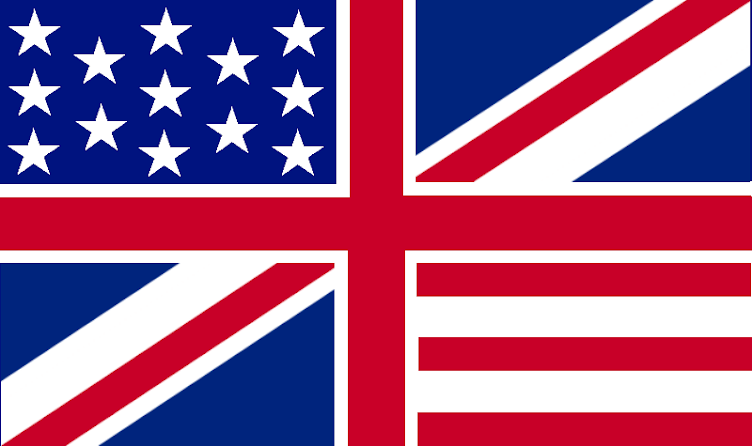Vocabulary TIPS (Misc.)
Have the nerve (not ''the nerd'') to do something =
to have the will to do something bold, daring, or impudent (1)
(1) impudent (pronounced
ˈɪm.pjə.d(ə)nt) = rude and not showing respect, especially
towards someone who is older or in a more important position (*))
''Where did he get all that (not 'all those') money?'' // ''This (not 'these money,'
as ‘money’ is an uncountable noun) money is for the poor
people.''
''People (not 'the people') will think you have gone
mad.'' // People (not 'the people') like to be made to feel
important (*) (''people''
is a plural noun).
To go to sleep = to fall asleep
Attacks by enemy aircraft (not aircrafts) forced the tanks to
retreat from the city.// The airline is taking steps to ensure the safety
of its aircraft (not aircrafts) (*). (Although ''aircraft'' is
a countable noun, its plural form is the same as the singular, i.e.,
aircraft, not aircraft).
Turn off the lights vs. turn out the lights/ put out the light
In the past, people had petroleum lamps in their houses and, similar to gas lights, when they wanted to ‘turn off the light,’ they turned a brass knob, and the flame ‘went out.’ That is ‘turning the lights out.’ When flame (oil & gas lamps) is extinguished, it goes out, not off. 'Out' refers to the light coming from the bulb, while 'off' refers to the switch. You can only 'turn off' the switch to 'put out the light.' 'Turn out the lights' is an idiomatic expression, similar to 'put out the light.' Someone can turn off many other electrical devices. So, ''turn out the lights'' (better in plural) and ''turn off the lights'' are interchangeable. In the USA, 'turn out the lights' sounds natural. But if someone asks if the light should be left on, we would say 'turn it off,' (on-off), not 'turn it out.'
Idiot
- idiocy (not idiocity)
Compared with (1) the past, our utilitarian (2) society is more materialistic (3). For example, retail stores sell myriads of immensely popular gadgets among the young. These gadgets appeal to the youth.
(1) 'compared with' shows the differences, while 'compared to' shows the similarities between 2 things
(2) utilitarian = designed to be useful or practical rather than attractive.// Relating to or adhering to the doctrine of utilitarianism, the doctrine that actions are right if they are useful or for the benefit of a majority
(3) materialistic = excessively concerned with material possessions; money-oriented
Say - said - said
Numerous is pronounced ˈnjuː.mə.rəs
Wilderness’ (= an uncultivated, uninhabited, and inhospitable region) is pronounced ˈwɪl.də.nəs)
‘I participate/ engage (= to participate or become involved in) in several activities such as…’
The factory replaced most of its workers with robots (**).
Indicative ((adjective)= being or relating to a sign that something exists, is true, or is likely to happen) is pronounced ɪnˈdɪk.ə.tɪv.
We do NOT use the definite article
'the' with the name of languages WITHOUT using the word ‘language.’
e.g., Chinese is a difficult language
e.g., English is spoken worldwide (as a language)
But we say, ‘The English language needs a lot of study.’
Simple – simpler/ simplest (NOT
simplier - simpliest)
Definitive is pronounced dɪˈfɪn.ɪ.tɪv.
It means not being able to be changed or improved, e.g., Definitive
judgment/ruling.// There are no definitive answers/solutions to this
problem.// The police have no definitive proof of his guilt (*).
Altogether
Aggressive
Canceled (US English) and Cancelled (UK English)
As I mentioned in (not on) my previous email.
Suspected (not suspicious) cases of the infection.
Youth (noun) (as singular or uncountable) is the period of your life when you are young, or the state of being young, e.g., I was a fairly good baseball player in my youth.// e.g., She looks like a woman who's found the secret to eternal youth (= staying young)./// (countable) (disapproving) a boy or a young man, e.g., Gangs of youths were throwing stones at the police./// (uncountable) (+ singular or plural verb) young people, both male and female, considered as a group, e.g., The youth of today (**). We use a plural verb with the meaning of a collective noun (meaning young people), e.g., Today's youth are our future. But youth can also mean a boy or a young man, e.g., Four youths have been arrested.
In (not on) the title of the article.
The American education (not educational) system

No comments:
Post a Comment